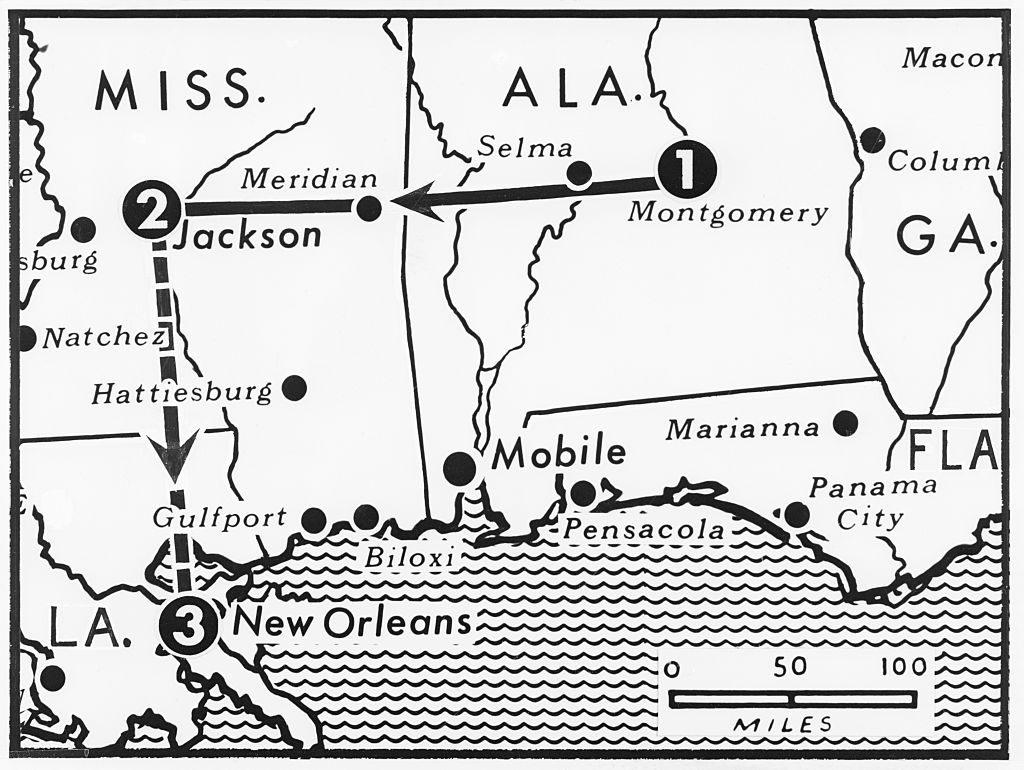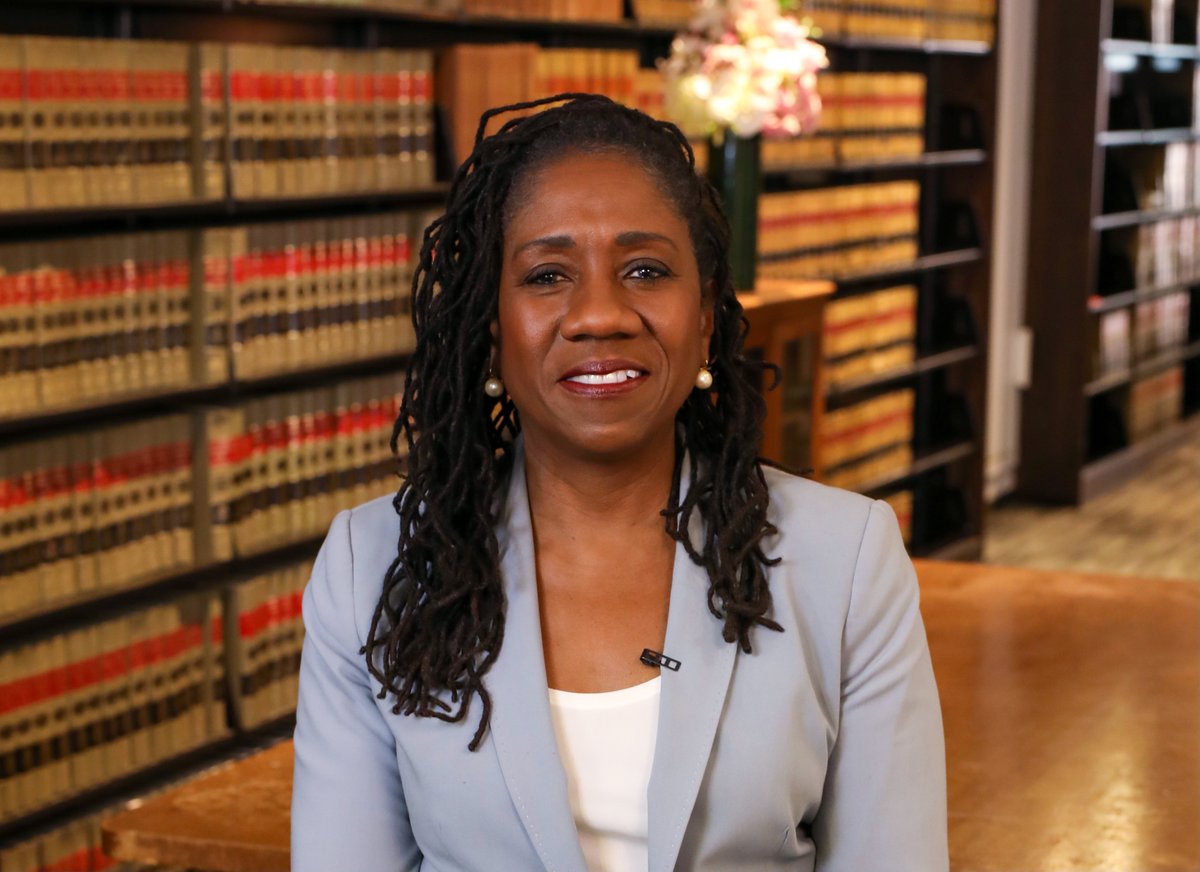To mark the 67th anniversary of the #BrownvBoard decision, we're live with @TeensTakeCharge and civil rights activist @LeonaTate!
Special message: Yara Shahidi
Opening remarks: @SecCardona
Moderated by: @JNelsonLDF
Join us!
Special message: Yara Shahidi
Opening remarks: @SecCardona
Moderated by: @JNelsonLDF
Join us!
"Brown rejected 'separate but equal,' but the work to achieve true, lasting equity is far from over." --@SecCardona #BrownvBoard
"Brown represents the triumph of the rule of law over injustice, the triumph of brilliant lawyers and courageous clients over the systemic racism that is designed to keep them as second-class citizens...In many ways, it represents American democracy at its most noble moment."
WATCH: @LeonaTate describes the day she became one of the first students to desegregate an American public school.
"We didn't realize how confined we really were and how dangerous it could have been."
"We didn't realize how confined we really were and how dangerous it could have been."
La'Toya Beecham, a @TeensTakeCharge member, discusses what drives her to speak out against education inequity.
"We have to call attention to this because it's putting you at a disadvantage, and you don't know about it, and it just really inspires me to advocate for change..."
"We have to call attention to this because it's putting you at a disadvantage, and you don't know about it, and it just really inspires me to advocate for change..."
"Segregation is a barrier, no matter how smart you are, no matter how much work you put in." -- Stephanie Pacheco
Leona Tate's advice to student activists: Whatever is out there and whatever it is that you're seeking to do, you can do it. Just don't let the negative stuff get in your way...Don't let anything hold you back.
La'Toya Beecham discusses how we make education more equitable.
"School is definitely about learning, but it's where you discover who you are...so it's about building around that and seeing how we can uplift those students to really become who they want to be."
"School is definitely about learning, but it's where you discover who you are...so it's about building around that and seeing how we can uplift those students to really become who they want to be."
What an honor to have Yara Shahidi close out our #BrownvBoard event by discussing the #MarshallMotleyScholars Program and introducing the inaugural cohort of scholars.
• • •
Missing some Tweet in this thread? You can try to
force a refresh















